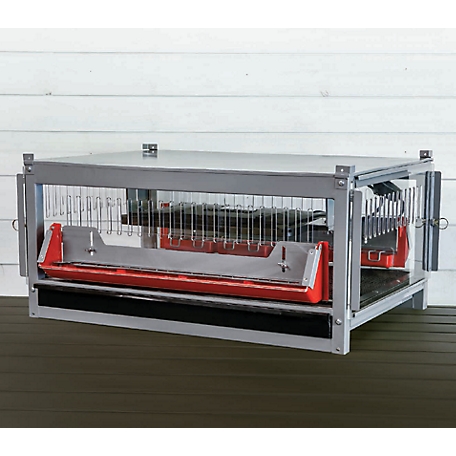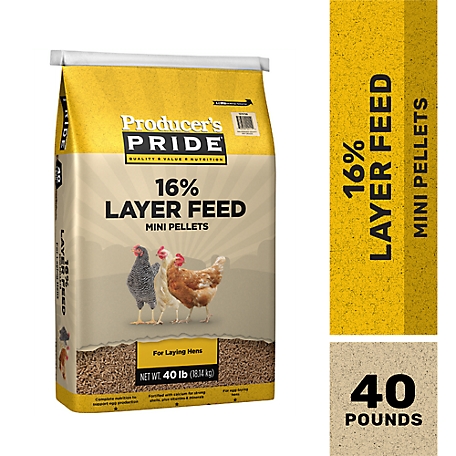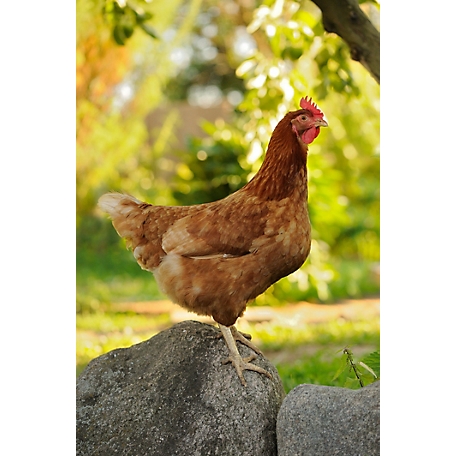Producer’s Pride 200 Watt Heater, 40 Watt Chick Brooder
Keep your chicken warm and cozy with the Producer’s Pride 40 Watt Brooder with 200 Watt Heater. This high-quality brooder is easy to assemble and can be stacked with additional units on top to increase brooder capacity.
Description
Keep your chicken warm and cozy with the Producer’s Pride 40 Watt Brooder with 200 Watt Heater. This high-quality brooder is easy to assemble and can be stacked with additional units on top to increase brooder capacity.
- High-quality brooder is easy to assemble and you can stack additional units on top to increase brooder capacity
- Producer’s Pride Metal Brooder with Heater keeps your chicken comfortably warm
Specification
Additional information
| Bird Type | Chicken |
|---|---|
| Brooder Bird Capacity | 20 |
| Brooder Features | Insulated |
| Power Type | Electric |
| Primary Material | Steel |
| Product Height | 25 in. |
| Product Length | 35.4 in. |
| Product Weight | 70.4 lb. |
| Product Width | 27.55 in. |
| Thermostat Type | Electronic |
| Manufacturer Part Number | CC-BROODER4 |











by Walter
Works great. Simple enough to put together. Only complaint is the heater pad doesn’t lower enough to keep day old chicks warm enough. Had to do a modification. Removable trays make for easy clean up.
by Famer
The design of the brooder is perfect except that the heater does not maintain the temperatures which are recommended for the first two weeks after the chicks hatch. I needed to add additional heat source. The heater should have a control feature that allows for setting specific temperature.